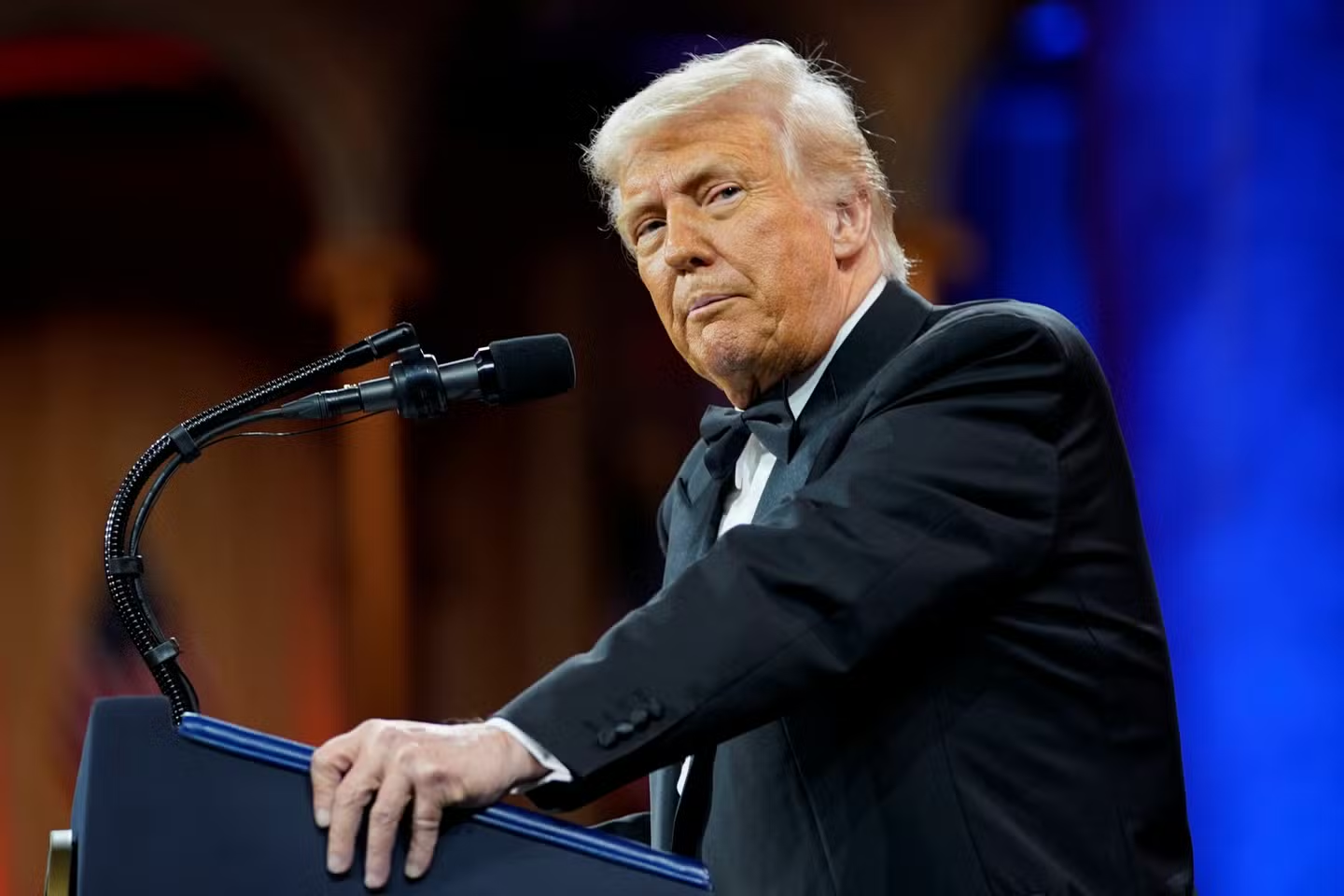U.S. President Donald Trump has reignited debate over Crimea’s future by declaring that the region “will stay with Russia,” framing it as an inevitable condition of any peace agreement between Ukraine and Russia.
The comments, made during an interview with TIME magazine published Friday, have drawn sharp reactions amid ongoing fighting and failed ceasefire efforts.
“Crimea will stay with Russia,” Trump said, emphasizing the region’s long-standing strategic importance and Russian-speaking population. “Zelenskyy understands that,” he added, referring to Ukrainian President Volodymyr Zelenskyy. “Everyone understands it’s been with them for a long time. They’ve had submarines there for many years — long before recent conflicts. This was handed over under Obama, not under Trump.”
Trump’s remarks refer to Russia’s 2014 annexation of Crimea, an act widely condemned by the international community and not recognized by Ukraine or its allies. The annexation, which occurred during President Barack Obama’s administration, marked a major escalation in tensions between Moscow and the West, and laid the groundwork for the full-scale invasion that followed in 2022.
Despite his position on Crimea, Trump criticized both sides of the ongoing war. He placed blame on Zelenskyy for not pursuing peace more aggressively, suggesting that the Ukrainian leader’s refusal to negotiate with Russian President Vladimir Putin has prolonged the conflict. At the same time, Trump expressed frustration with Moscow’s continued military strikes.
“I am not happy with the Russian strikes on KYIV. Not necessary, and very bad timing,” Trump said. “Vladimir, STOP! 5000 soldiers a week are dying. Lets get the Peace Deal DONE!”
His comments come at a time when diplomatic momentum appears stalled. Western European leaders have accused Putin of deliberately dragging out negotiations while his troops push deeper into Ukrainian territory. They argue that Russia is trying to lock in battlefield gains before coming to the table in earnest.
Zelenskyy echoed this concern in a statement Thursday, revealing that Ukraine had accepted a US-backed ceasefire proposal more than six weeks ago, with the hope of initiating broader peace talks. “Ukraine had accepted a US ceasefire proposal 44 days ago as the first step toward peace talks, but Russian attacks have continued,” Zelenskyy said.
As the war grinds on, pressure continues to mount on all parties to find a viable path toward peace. Trump’s comments have added a controversial layer to the debate, raising questions about what a future US administration might consider acceptable in negotiations — and whether Kyiv will face mounting pressure to compromise on territorial issues like Crimea.






